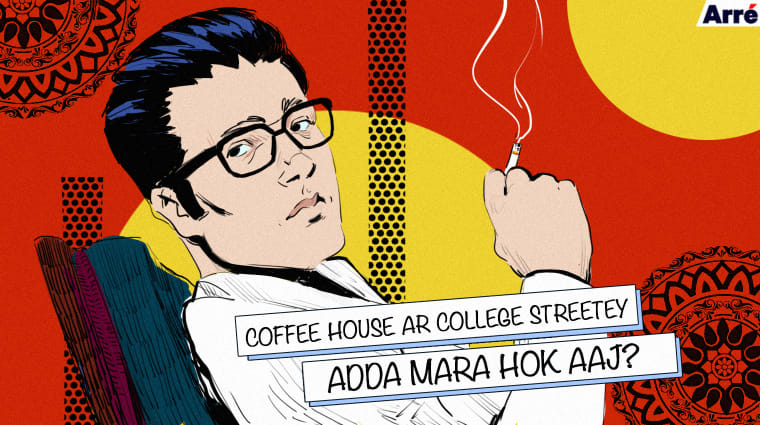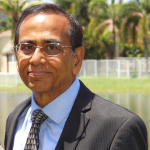

Bengali bhadralok or haute bourgeoisie had always faced this unenviable test of their taste and judgment, caught in the trauma of a society and polity that is poor and backward.
The cultural sheen seems to be peeling off in the face of a pitched political battle where no rules or norms are followed, and a blood sport in all its viciousness is on display.
By Nazarul Islam
Though there is a cultivated and cultured sliver of middle class in every part of the country, the Bengal literati had taken a special pride and pleasure of their finely tuned sensibilities, highlighted by two Nobel prizes (Rabindranath Tagore, Amartya Sen), global accolades for auteur cinema (Satyajit Ray), scientific standing of a high order (Jagdish Chandra Bose, Satyendra Nath Bose, Meghnad Saha), all of which elevated them to a self-conscious pedestal.
But the cultural sheen seems to be peeling off in the face of a pitched political battle where no rules or norms are followed, and a blood sport in all its viciousness is on display. The Bengali bhadralok or haute bourgeoisie had always faced this unenviable test of their taste and judgment, caught in the trauma of a society and polity that is poor and backward. It was evident in the Bengal partition of 1905 and the swadeshi movement that came with it. This was followed by the second partition in 1947.
On these two occasions, though bruised, the bhadralok emerged with its head high.
If we take a long-term view of the history of Bengal, we shall see that unlike many other states, West Bengal’s society and polity for a long time has been dominated by what is known as the ‘Bhadralok’.
In the common parlance, this connotes a “gentleman” (of high antecedent, and social status) but in history/social science has a somewhat different meaning. It refers to the elite, usually from the upper castes, but is not necessarily defined by birth. It also has a cultural connotation.
Since India’s Partition in 1947, Bengal’s remarkable feature of, across both sides of border, has been the fact that the ‘bhodrolok’ has dominated both politics as well as culture even though many of them were refugees from Bangladesh and economically not well-off. Thus, in case of Bengal, upper caste bhadralok may or may not be financially well-off but will enjoy higher status if s/he is an educated person with scholarly or literary outputs to his/her name. Typically, a Satyajit Ray or a Bidhan Chandra Ray exemplified this social group, which was neither a “class” nor an upper caste elite in the sense a Brahmin would be in north India.
Today, the bhadralok in Bengal present a tragic picture of an elite in an undeveloped polity like that of Bengal and India, where they also present the best that liberal humanism can offer, but isn’t robust enough to weather the onslaughts of the materialistic and lumpen politics of the BJP. On its part, BJP has no use for the ikebana culture of the bhadralok. The Bengali literati are ready to stand with Mamata but it may not be of great help to the TMC leader. The agony of the bhadralok is palpable. It can only be a silent and passive bystander as Bengal
And in Bengal today, ‘Footbalization’ of Bengal politics is now complete. Looks pretty much like this!
Perhaps, this has marked the end of bhadralok’s influence over the future of Bengal. This could be the most important outcome of the next election. It is also clear that a dalit ideological resurgence is unlikely to happen, although lower castes will vote for a party, depending on who promises them, greater benefits.
Will the bhadralok survive politically? In electoral politics I am not hopeful. I think the only space left is civil society movements and judicial activism. The recent victory of a small group of activists when the film Bhobishyoter Bhoot was informally banned perhaps points towards this direction.
_____________________
About the Author
